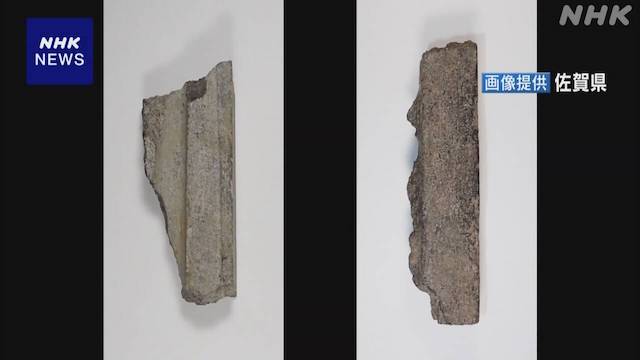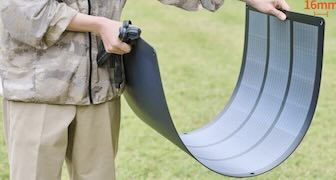SAGA, Feb 15 (News On Japan) - Two of the oldest known molds used for bronze casting from the middle Yayoi period have been discovered at the Yoshinogari site in Saga Prefecture. The site has previously yielded molds, and the Saga Prefectural Government regards these findings as "extremely important for understanding the aspects of early bronze production."

Excavations have been conducted since the year before last in an area of the Yoshinogari site that had remained untouched, referred to as the "mysterious area." Last year, a stone sarcophagus from the late Yayoi period was found, attracting national attention.
According to Saga Prefecture, in December of last year, new stone molds used for casting bronze swords and spears were discovered during the investigation. These molds are believed to be among the oldest in Japan from the middle Yayoi period. One of them is made of hornblende, marking the first time this type of stone mold has been unearthed at the Yoshinogari site. Additionally, the material and texture of the stone resemble those from the Korean Peninsula, which was advanced in bronze casting at the time.
In September of last year, a mold made of serpentine, also considered to be among the oldest in Japan, was found at the Yoshinogari site. The Cultural Properties Protection and Utilization Office of the prefecture has stated that these discoveries are "extremely important for understanding the aspects of early bronze production." The excavation survey is scheduled to continue until early next month.
Source: NHK















